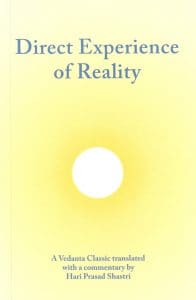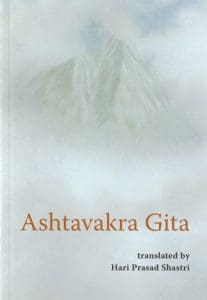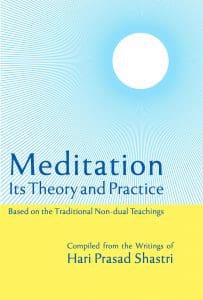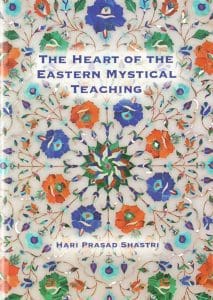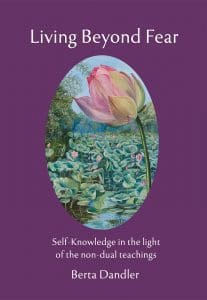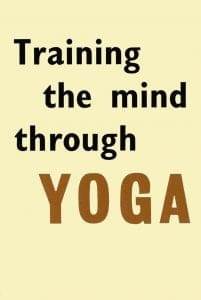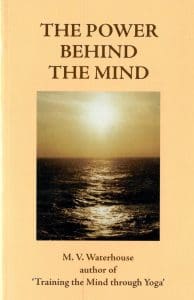An Omnibus Tapas – the Pupil
What does a modern yet traditional teacher instruct his pupils to do in the midst of the rush and complexity of present-day life? I will give you a formula which can be adapted to meet so many needs that it might well be called an ‘omnibus tapas’, although I did not realise its value when…
Read MoreFrom Direct Experience of Reality: Verses 8 to 12
Devoted trust (bhakti) in the words of the holy scriptures and the teacher is called faith (shraddha); one pointedness of the mind on the one real goal of life is called concentration (samadhana). [8] Commentary: The scriptures are above logic, though their truth can be established by right reasoning. Unless a pupil has faith in…
Read MoreFrom the Ashtavakra Gita
From the Ashtavakra Gita Chapter Ten 1. Give up the chief enemy, desire for pleasure and for worldly prosperity, both being fraught with evil, as well as enslavement to dharma (good deeds) from which they spring. Note: The three objects of the worldly-minded are kāma (pleasure), artha (prosperity) and dharma (good deeds); but release from…
Read MoreOn the Affirmations Underlying Yoga
The spiritual affirmations which underlie this Yoga are tremendous and startling. If they awaken immediate antagonism in you, or shock you, this Yoga is very probably not for you at present. But if they arouse a feeling of awe, or even of curiosity, prepare to make the spiritual experiments which will prove their truth to…
Read MoreWhat Meditation Is
To meditate means, in the preliminary and lower stages, to apply thought-force consciously; to produce harmony, both within and without; to obtain control over the mind and the emotions; and to open up the faculty of intuition or buddhi. Our individual minds, conditioned by our bodies, are but small fractions of the divine or cosmic…
Read MoreTeachings by Shri Dada: On the World, the Soul, God, Self and Knowledge
Shri Dada had hardly been six months at the Ramganga Bridge before the influence of malaria was evident, but despite frequent attacks of ague he carried on his worldly and spiritual duties. A party of sannyasins led by Swami Rameshvarananda Bharati was staying at this time at Katgarh for a few days and used to…
Read MoreTeachings by Shri Dada: How to See More
The holy man was walking in the garden. There was a rhythm in all he did and he was pacing unhurriedly as was his wont beside a bed of flowering plants freshly arranged by the gardener. The grass at the base of the bed was cut into the form of an ‘Om’, the flowers displayed…
Read MoreThe Identity of Self and the Supreme
Let us consider the question: ‘What am I?’ In the collection of Shankara’s writings called The Thousand Teachings, we find the answer to this question presented in direct and uncompromising terms. For example: I am the Lord, ever one and the same in all beings, beyond the destructible and indestructible principles, hence the supreme Spirit.…
Read MoreThe Origin of the Cosmos According to Vedanta
It is held by the sages of the Vedanta that the cosmos, both in its subtle and its gross phenomenal aspect, is an appearance only; that when analysed to its root, it has no substance but is made perceivable and conceivable by an ever-present power—divine in origin—the power of Maya. The words ‘divine in origin’…
Read MoreHow Appearance Arises from Reality
One of the gifts this Yoga can give to those who follow it, is the knowledge that all human beings are in essence divine, and this implies that they have always been divine and will never cease to be so. The picture man usually presents of varying degrees of domination or inefficiency is the result…
Read More


